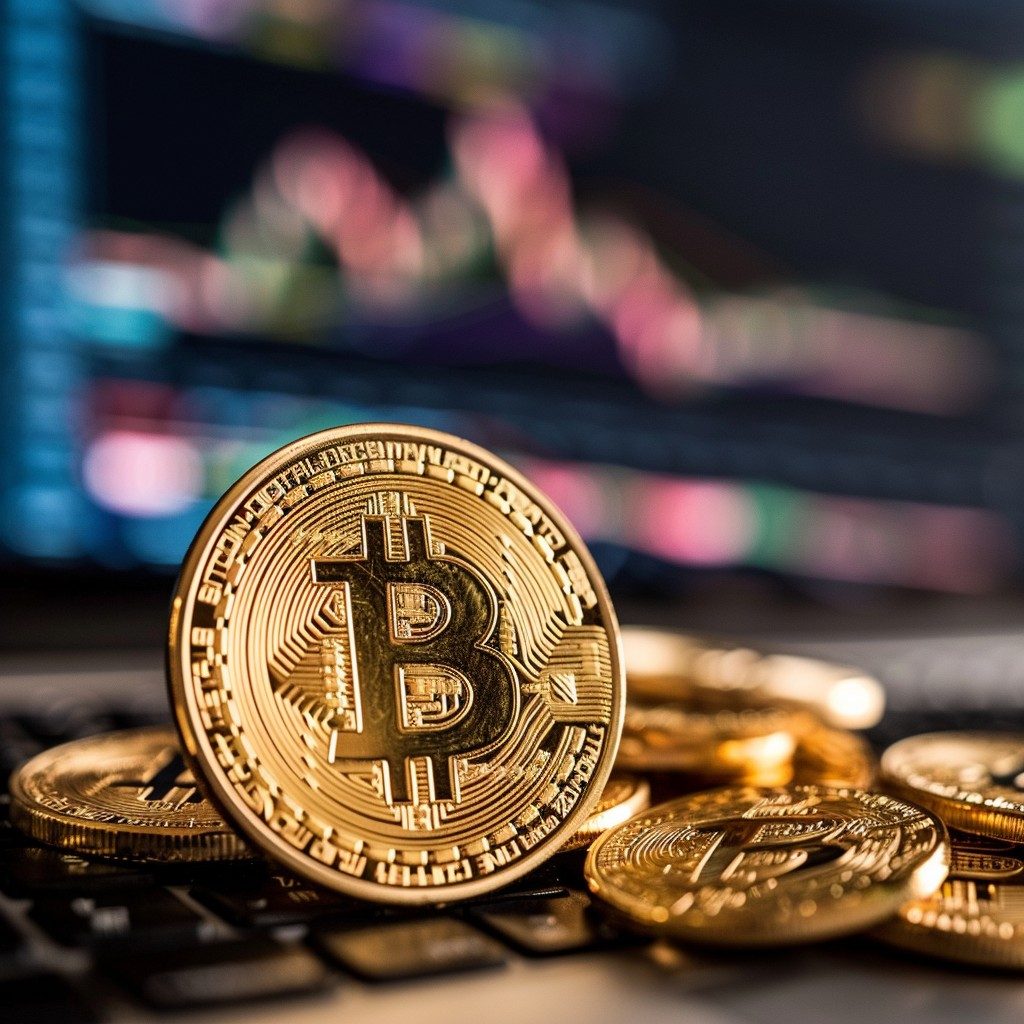The recent BRICS summit, hosted by South Africa’s Cyril Ramaphosa, witnessed a significant transformation as the emerging-markets bloc decided to more than double its membership. While the formal host of the event was Ramaphosa, it was the Chinese President Xi Jinping who truly commanded the spotlight.
With an air of special treatment and distinct honor, Xi Jinping’s presence resonated throughout the summit, demonstrating China’s growing influence on the global stage.
An Unprecedented Welcome: Xi Jinping’s South African Sojourn
From the moment Xi Jinping arrived for the summit, it was evident that he was accorded exceptional attention. The Chinese leader’s early arrival earned him a state visit privilege, including the induction into South Africa’s distinguished ‘Order of South Africa’.
This reception, a cut above the rest, was a unique honor reserved only for Xi Jinping. As the other leaders were greeted by Ramaphosa’s deputy, Xi received a personal welcome from the South African President himself.
Even amidst the meticulously orchestrated events, Xi Jinping’s conspicuous absence during his initial key address to the Brics bloc’s business representatives stirred waves of curiosity and unease.
His unexplained no-show raised questions, later resolved when he joined the leaders’ dinner. This episode underscored Xi’s pivotal role, revealing that his presence was not just symbolic but substantively crucial.
BRICS Expansion: China’s Strategic Influence
The pivotal indicator of Xi Jinping’s sway was the expansive decision to enlarge the Brics bloc.
The proposed inclusion of Argentina, Egypt, Ethiopia, Iran, Saudi Arabia, and the United Arab Emirates to the existing five-member bloc showcased China’s ambition to lead the developing world against US dominance.
This expansion aligned with Xi’s vision for a more equitable global order, even as China grapples with domestic economic challenges.
Xi Jinping articulated the broader significance of this expansion, stating that the transformation met international expectations and advanced the collective interests of emerging markets and developing nations.
This extension was undoubtedly a diplomatic achievement, bolstering China’s influence in shaping the future of the global economic landscape. Analysts noted that China’s artful negotiation tactics played a vital role in orchestrating the expansion.
The move strategically positioned China as the driving force behind the development, reinforcing its image as a global leader.
Saudi Arabia and the UAE, typically aligned with the West, along with IMF-dependent countries like Argentina and Egypt, joined the expansion—reflecting China’s diplomatic prowess and its intent to foster a diverse and robust coalition.
While the expanded Brics bloc hints at China’s aspiration to rival western-dominated institutions, internal contradictions within the group cannot be dismissed. The inclusion of countries with distinct political and economic agendas may challenge the cohesiveness of the bloc.
Nonetheless, China’s hand in shaping the expansion is undeniable, with Li Kexin, China’s Brics special envoy, affirming that the expansion process took root during China’s leadership.
Xi’s outreach wasn’t limited to economic maneuvering; his sideline meeting with African leaders conveyed a subtle yet significant shift in China’s foreign policy. The commitment to harness resources for cooperation with Africa underscores China’s adaptability to evolving economic dynamics.
A noteworthy development emerged in the form of a bilateral meeting between Xi Jinping and India’s Prime Minister Narendra Modi. The two leaders pledged to de-escalate tensions along the Sino-Indian border, a welcome respite from recent conflicts.
However, the overarching security dilemma between China and India persists as India strengthens its strategic partnerships with western powers.





